On 17th September 2025, Pakistan and Saudi Arabia signed a mutual defense agreement that has shaken geopolitical circles across South Asia and the Middle East. The deal, signed in Riyadh between Pakistan’s Prime Minister Shehbaz Sharif and Saudi Crown Prince Mohammed bin Salman (MBS), commits both nations to stand together in the event of external aggression.
Experts believe this could have long-term strategic consequences for India, particularly because Saudi Arabia’s financial backing could significantly strengthen Pakistan’s military capabilities.
What Is the Defense Agreement Between Saudi Arabia and Pakistan?
According to the joint statement, both countries pledged:
To consider any attack on one nation as an attack on both.
To cooperate closely on defense, intelligence sharing, and counter-terrorism.
To support each other politically and militarily in case of regional conflict.
Saudi Arabia, a wealthy Gulf power, will bring its financial resources and access to Western defense technology, while Pakistan contributes nuclear deterrence, battle-hardened troops, and strategic geography.
Why Experts See It as a Setback for India
The timing of this pact is crucial. It came shortly after rising tensions in South Asia and Israel’s strike on Doha, Qatar, which had already unsettled the Gulf region.
Several geopolitical analysts have expressed concern:
Talmiz Ahmad, former Indian ambassador to Saudi Arabia, said:
“In the short term, it may not hurt India directly. But in the long run, this deal does not favor India. Gulf nations increasingly look to Pakistan, Turkey, and China for security—three countries that have opposed India in past conflicts.”Michael Kugelman, South Asia expert, noted:
“Pakistan has not only secured a new defense agreement, but it’s with a country that is also close to India. While this won’t stop India from acting militarily if needed, the alignment of China, Turkey, and Pakistan with Saudi Arabia makes Islamabad much stronger.”Brahma Chellaney, Indian defense analyst, argued:
“Prime Minister Modi spent years trying to bring Saudi Arabia closer, but this deal on his birthday underlines Riyadh’s priorities. If Saudi Arabia now treats any attack on Pakistan as an attack on itself, it complicates India’s strategic space.”
Pakistan’s Rising Importance in West Asia
According to international relations professor Mukhtar Khan, the deal elevates Pakistan’s status:
Saudi Arabia may not send troops to fight India, but it will fund Pakistan’s army.
Riyadh has access to advanced American technology, which it could share with Pakistan.
The Gulf region no longer trusts the U.S. as its sole security guarantor, making Pakistan a natural partner.
Historically, Pakistan and Saudi Arabia have had close ties:
In 1998, after Pakistan’s nuclear tests, Saudi defense officials visited Islamabad’s secret nuclear and missile facilities—an unprecedented move that alarmed Washington.
Pakistani troops have long been stationed in Saudi Arabia, including near the Yemen border.
Implications for India
India’s Ministry of External Affairs responded cautiously, saying it would “study the implications of this agreement for India’s national security and regional stability.”
Key concerns for India:
Military Balance – Saudi funding could make Pakistan’s military stronger, especially in terms of equipment and technology.
Diplomatic Isolation – India is seen as a trading partner, while Pakistan is emerging as a security partner for Gulf nations.
Strategic Realignment – With Saudi Arabia, Pakistan, Turkey, and China aligning, India risks losing influence in West Asia.
Former Indian Foreign Secretary Kanwal Sibal warned:
“Saudi money will empower Pakistan’s military. Islamabad is already talking of offering nuclear security to Arab countries. This is deeply concerning.”
Why Did Saudi Arabia Sign This Pact?
Analysts point to three reasons:
Diminishing U.S. Trust – Gulf states no longer rely on Washington for security guarantees.
Pakistan’s Resilience – During India’s Operation Sindoor conflict, Pakistan resisted Indian attacks strongly, raising its credibility.
Regional Complexity – Israel’s strikes in Doha, Qatar, have made Gulf nations rethink their alliances.
A Saudi official told Reuters:
“This agreement is the outcome of years of discussions. It is not directed at any one country, but builds on the historically strong ties between Saudi Arabia and Pakistan.”
Will This Affect Saudi–India Relations?
Saudi officials insist that ties with India remain strong. A senior Saudi source told CNN:
“Our relationship with India is at its strongest. We will continue strengthening economic and cultural partnerships. But security arrangements with Pakistan are separate.”
Still, experts believe India now faces a two-front challenge—China–Pakistan on its northern border and a Saudi-backed Pakistan in the Gulf security sphere.
Conclusion
The Saudi–Pakistan defense pact has reshaped the balance of power in South Asia and West Asia. For India, it highlights a new geopolitical reality:
Economic partnerships with Gulf nations are not enough.
Security partnerships are becoming the real currency of influence.
Pakistan’s alignment with Saudi Arabia, China, and Turkey could create serious challenges for New Delhi in the coming years.
As the region heads into an uncertain future, India will need to rethink its diplomatic strategy, defense preparedness, and role in West Asian security frameworks.



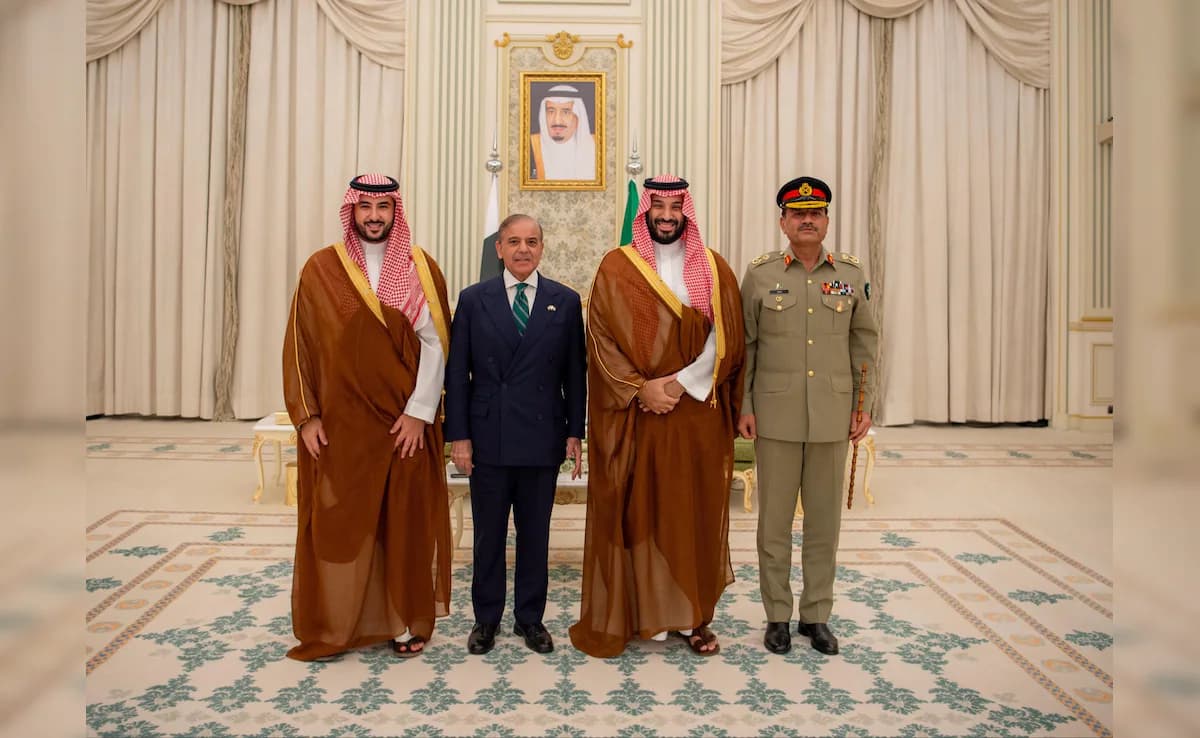




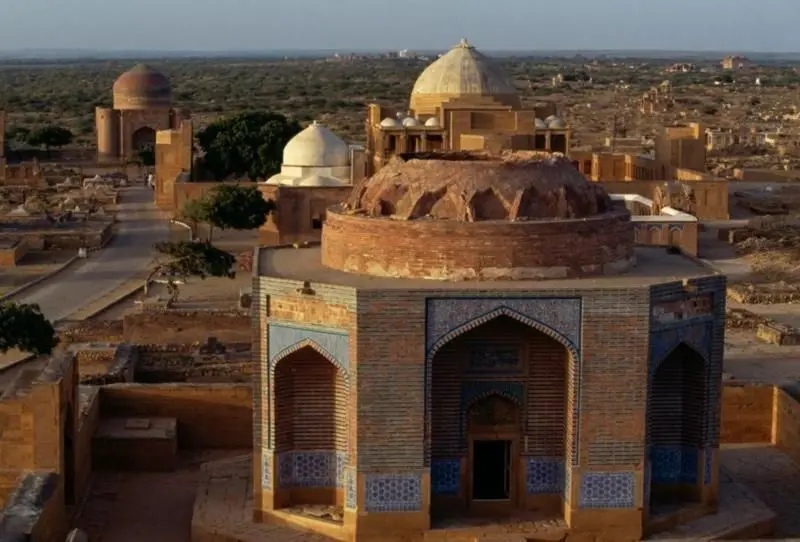
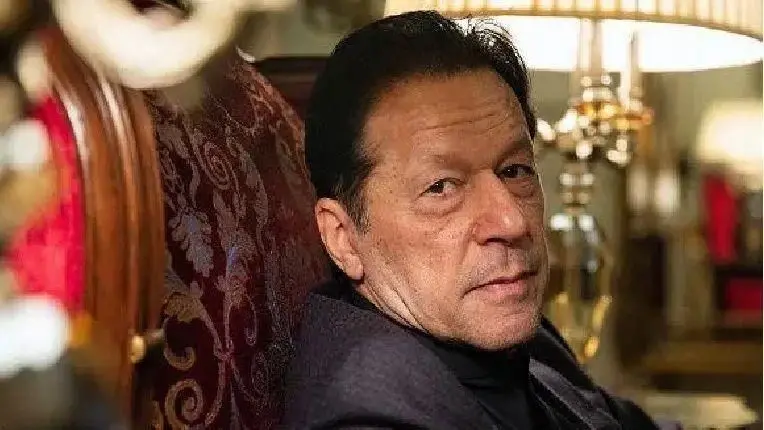
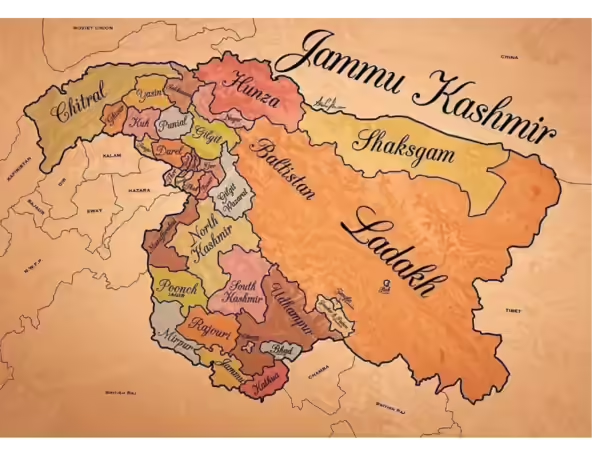

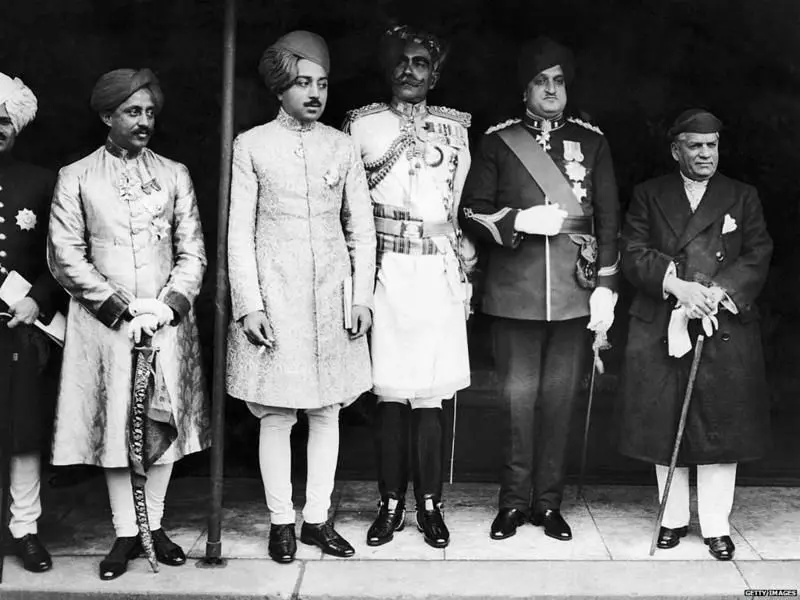
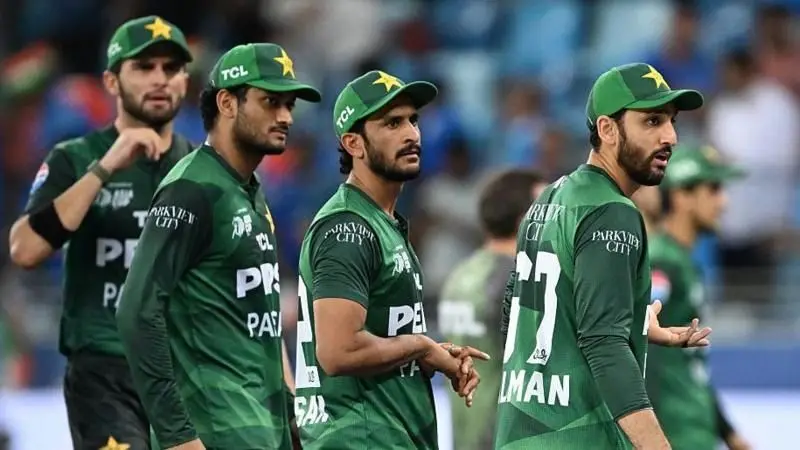
Responses (0 )